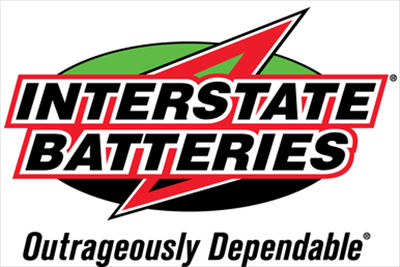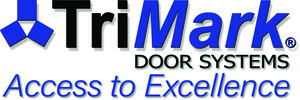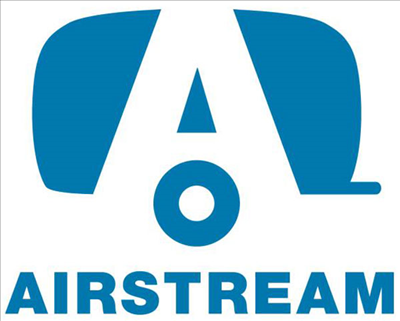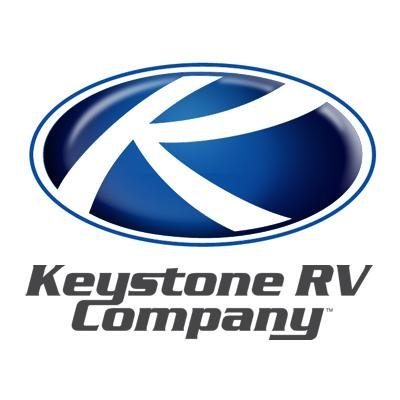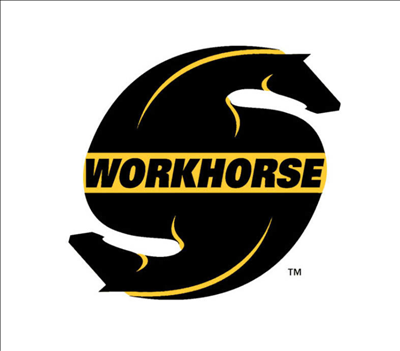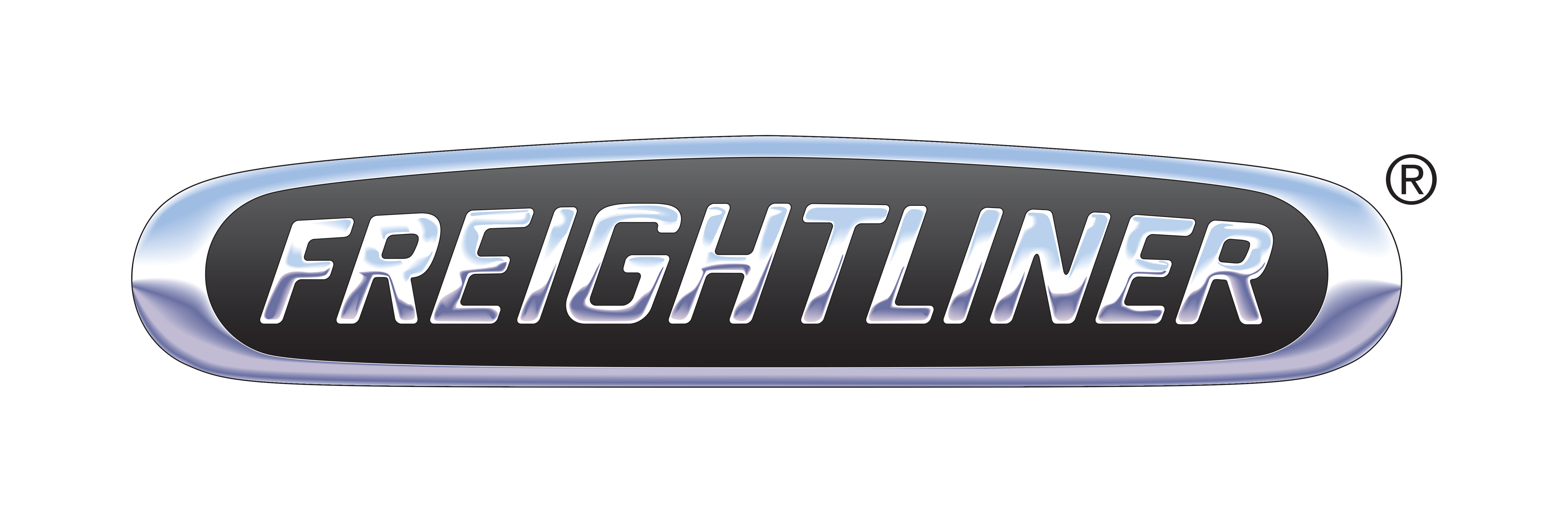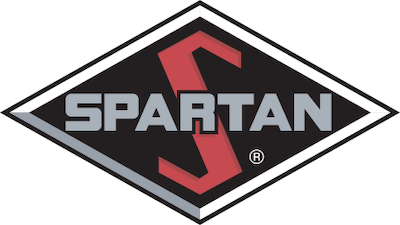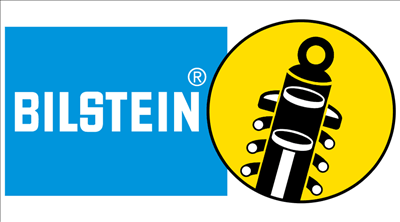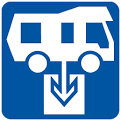Your coach or trailer batteries are one of the most important and usually one of the most neglected parts of your rig. As long as they hold a charge they are usually not given much thought as to maintenance. Most RV’s use a deep cycle battery often used in marine or golf cart applications, these batteries are designed to maintain a steady drain for a longer time than standard batteries. It is a fact that about 80% of all electrical issues can be traced back to low voltage due to the batteries being under charged or not having a proper charge maintained. A properly maintained lead acid battery will last about 5 years; conversely, if they aren’t maintained well they will not last even that long. A gel cell or AGM battery can last up to 7 years if maintained properly but these are usually considerably more expensive. Following are some maintenance tips that will help you maintain your batteries and get the most out of them.
Know the Discharge – RV batteries should not be discharged over 50% without a charge on the horizon, and the plates should always be covered in acid, these are not lithium ion batteries like your phone or computer that can develop a memory and need to be discharged completely. These batteries don’t develop a memory and will be damaged if they go lower than 20%, if this happens, they will never function at 100% again. If you hit the 50% mark, you should get them charging right away.
Cleanliness – Keep the terminals clean and corrosion free. Corrosion will deteriorate the copper and lead ends and limit the amount of electricity that can flow from the battery to the coach. In addition to the terminals, keep the top of the batteries clean, dirt, oil, and other residue will collect on top of the batteries. If proper conditions exist, this can cause voltage to pass from post to post through the debris on top of the batteries which will cause a discharge condition. Keeping your battery tops clean is the easiest way to prevent this from happening.
Water Level – Maintain the water level in your battery at all times. If the water level goes below the plates in the cell that will be the end of the battery. While it’s true it may last a little while longer that cell has been damaged and is now compromised, it’s just a matter of time before that battery will decline and short out or refuse to hold a charge.
Changing – Batteries should be changed out as a group, when one battery goes bad, it can cause the others to go bad. Most people don’t like this idea due to the initial expense; however, if you consider the cost of changing a battery every few months or worse yet breaking down on a trip, changing them all at the same time outweighs the cost of an expensive service call or the time to continually change them.
Parasite Power – RV’s have several systems that draw parasite power from a battery when nothing is being used. The keyless entry system and the back lit light switch panels in the higher end coaches are always drawing power. Some coaches keep the drivers seat control energized when the key is off, this will also draw power. When you don’t intend to use your RV for an extended period of time it is always wise to turn off the disconnects for the chassis and house. Ensure that your disconnects actually disconnect the battery from parasite power by doing an amp draw test.
Temperature – Extreme hot and cold weather can kill off a weak or compromised battery. We do a lot of battery changes in the spring after the winter freezes and in the middle of summer. The “water” in your battery is sulfuric acid which is composed of water. A charged battery will not freeze. If your RV is in storage you should check on the battery charge every month or so. Don’t count on it being plugged in to keep the battery charged.
Get the right Converter – Most RV’ers count on their converters to keep their batteries charged, for that reason they keep the rig plugged in while in storage. However, unless you have a 3-stage converter installed in your rig, you are overcharging or undercharging your batteries and shortening their lives. Most RV converters are single stage converters from the factory, they are simply cheaper and help keep the sale price down. A single stage converter is designed to charge at full blast or not at all, this type of converter will not bring your battery up to a full charge and you run the danger of overcharging the battery. Overcharging a battery will cause it to get hot and boil off the water in the cells. Undercharging the battery will not bring it up to full charge and keep it in an undercharged state which can cause it to freeze. Consider upgrading to a 3-stage converter, this type of converter will bring the battery up to charge, then shift to a less aggressive stage, as the battery continues to charge to it’s maximum, it will shift to a trickle charge to top them off and keep them topped off.
When we have RV’s come in with electrical issues or slide rooms not working correctly, the first thing we do is charge the batteries. In about 80% of the cases we find that a low battery charge is the root cause of the problem. Changing batteries is an expensive proposition, for that reason, it just makes sense to maintain them properly and get the most out of them that you can. Following the tips above will help you maximize your battery life in your RV.




























